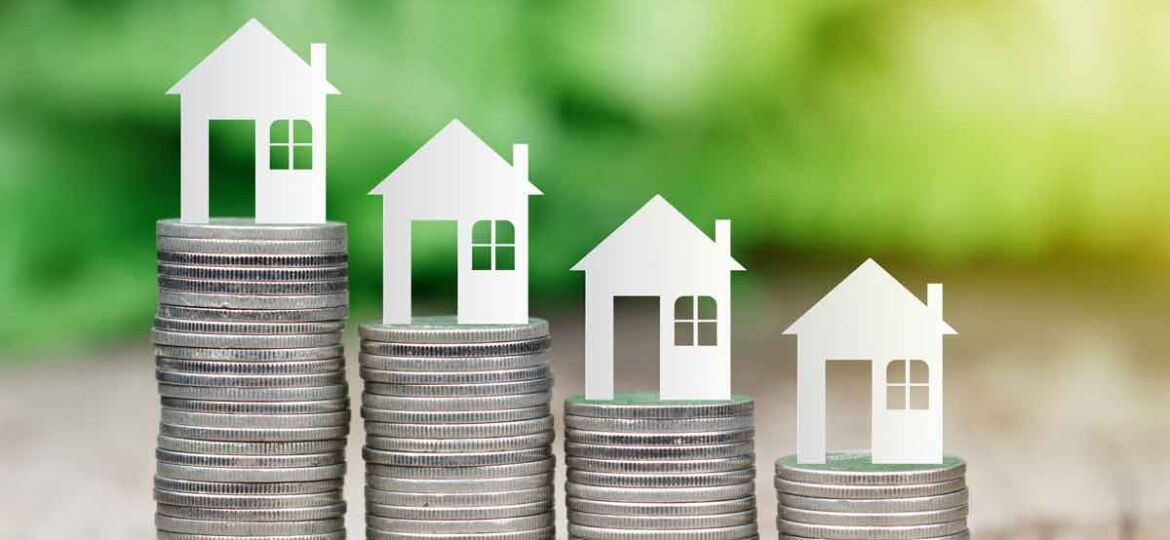
House prices in Bulgaria in 2018 were 6.6 per cent higher than in 2017, higher than the European Union average increase of 4.4 per cent over the same period, according to figures released by EU statistics agency Eurostat.
The year 2018 was the fifth consecutive year to see increases in house prices in Bulgaria.
In 2014, the increase was 1.4 percent, 2.8 percent in 2015, seven per cent in 2016 and 8.7 percent, according to Eurostat’s figures.
The statistics on house prices in Bulgaria and the EU reflect the unfolding, and recovery from, the global financial crisis of 2008.
In Bulgaria, which joined the EU in January 2007, that year saw house prices go up by 28.9 per cent, compared with an average 8.4 per cent across the bloc.
The year 2008 saw a 25 per cent in house prices in Bulgaria, compared with an EU average of 0.6 per cent.
However, 2009 saw house prices in Bulgaria plunge by 20.4 per cent (against an EU average drop of 4.4 per cent). In 2010, house prices in Bulgaria fell by 10.2 per cent, 5.5 per cent in 2011, 1.9 per cent in 2012 and 2.2 per cent in 2013, Eurostat said.
House prices, including purchases of both new and existing houses and flats, have fluctuated significantly since 2006 with annual growth rates in the EU of about eight per cent in 2006 and 2007, followed by a fall of four per cent in 2009 as a result of the financial crisis. Prices across the EU started growing again in 2014.
Overall, between 2010 and 2018, house prices grew in total by 15 per cent in the EU and by 11 per cent in the eurozone.
Among EU countries, the highest increases between 2010 and 2018 were in Estonia (+83 per cent), Latvia (+61 per cent), Austria (+56 per cent), Sweden (+55 per cent) and Luxembourg (+50 per cent), and the largest decreases in Italy (-17 per cent), Spain (-12 per cent) and Cyprus (-eight per cent), Eurostat said.
Source: https://sofiaglobe.com

